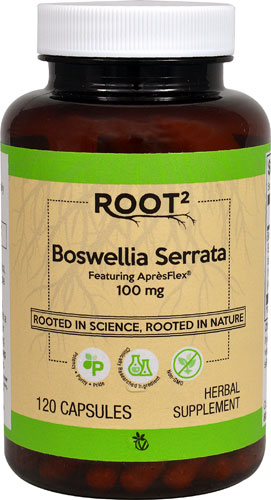Three-fourths of American adults take dietary supplements, with vitamins being the No. 1 choice. In light of that statistic, Brian Wommack, senior vice president of communications at the Council for Responsible Nutrition, observes that dietary supplements “are mainstays in modern-day health and wellness regimens.”
If you’re among the millions of Americans who turn to dietary supplements, you’re undoubtedly seeking to improve or at least maintain your health and wellness. But how well are you actually adhering to a supplement routine?
To put you on the right nutritional track, we asked experts for their advice on how to best incorporate vitamins and other dietary supplements into your diet. Here’s what they told us.
When taking vitamins and supplements:
1. Seek input from professionals.
Registered dietitian Joanna Foley suggests that before you embark on a supplement regimen, you should visit with a qualified healthcare or nutrition professional to evaluate your diet and lifestyle, and to determine the best way to add supplements to your everyday life (including recommendations about proper dosages).
Dr. Arielle Levitan, an internal medicine physician who is co-founder of Vous Vitamin LLC and co-author of “The Vitamin Solution: Two Doctors Clear Confusion About Vitamins and Your Health,” stresses that taking vitamins and other supplements isn’t a one-size-fits-all proposition.
“It’s best to use a well-thought-out, medically sound approach to taking the right vitamins,” Levitan says. “Taking too many or the wrong supplements can be harmful.”
Related reading: How to talk to your doctor about taking vitamins and supplements
2. Pay attention to how you’re taking them.
Dr. Michael Smith, director of education at dietary supplement maker Life Extension, emphasizes that it’s vital to figure out whether you should, for instance, take supplements with or without food.
“The best thing to do is look at the product label. All products will explain the proper usage for optimal use,” Smith says.
Related reading: When is the best time to take vitamins?
3. Concentrate on quality.
A 2018 survey by the Council for Responsible Nutrition found 87 percent of U.S. adults put stock in the safety, quality and effectiveness of dietary supplements.
Nonetheless, the quality of dietary supplements can vary, based partly on how they’re manufactured. While the vast majority of supplement makers are upstanding, some might cut corners to boost profits. Keep in mind that the U.S. Food and Drug Administration (FDA) currently does not regulate the supplement industry as strictly as it does, say, the pharmaceutical industry.
“Not all supplements are created equal. Many supplements and vitamins are bulked up with fillers and other additives, so it’s important to make sure what you’re purchasing is as high-quality as you can get,” says certified personal trainer Caleb Backe, health and wellness expert at Maple Holistics, a seller of natural hair and skin care products.
Foley recommends buying supplements that are non-GMO and that bear certification labels from ConsumerLab.com, NSF International or U.S. Pharmacopeia (USP).
“Purchasing untested or poor-quality supplements is, frankly, a waste of money and may even contribute to harmful ingestion of ingredients not listed on the supplement panel,” Foley warns.
Related reading: How does the FDA regulate supplements?
4. Don’t underestimate the power of supplements.
Food doesn’t necessarily fuel all of our nutrient needs. In 2014, the nonprofit Environmental Working Group noted that more than 40 percent of American adults lack sufficient amounts of vitamins A, C, D and E, calcium and magnesium for their age or gender.
“The hard truth is that thanks to things like factory farming, overproduction, and the increased use of pesticides and GMO ingredients, foods are less nutritious than they used to be. What’s more, our ability to absorb and utilize nutrients declines with age and with many chronic diseases,” Foley says. “Even the most perfectly planned diet can be deficient in essential nutrients.”
Nutrient deficiency can be especially common among certain segments of the population. For instance, vegans and vegetarians might not get enough vitamin B12, as that nutrient is found in animal products but not in plants.
Related reading: How is soil depletion affecting your food?
5. Don’t overdo it.
As their name suggests, vitamins and other dietary supplements are designed to supplement your diet.
“Whatever supplements you’re taking, they’re not a replacement for the nutrients that you’re consuming in your diet. If you’re taking an iron supplement, you still need to be eating foods that are rich in iron, such as … dark leafy greens,” says Backe, the Maple Holistics expert.
Experts underscore the importance of not overdosing on vitamins and other dietary supplements. An overabundance of supplements in your system can come with several health risks, such as watering down the effectiveness of prescription medications.
Foley recommends making sure you’re sticking to a nutrient-rich, whole-food diet before taking supplements on a regular basis.
“It makes the most sense to supplement with nutrients that you do not already consume or don’t consume enough of,” she says.
Related reading: 4 popular supplement myths, busted




